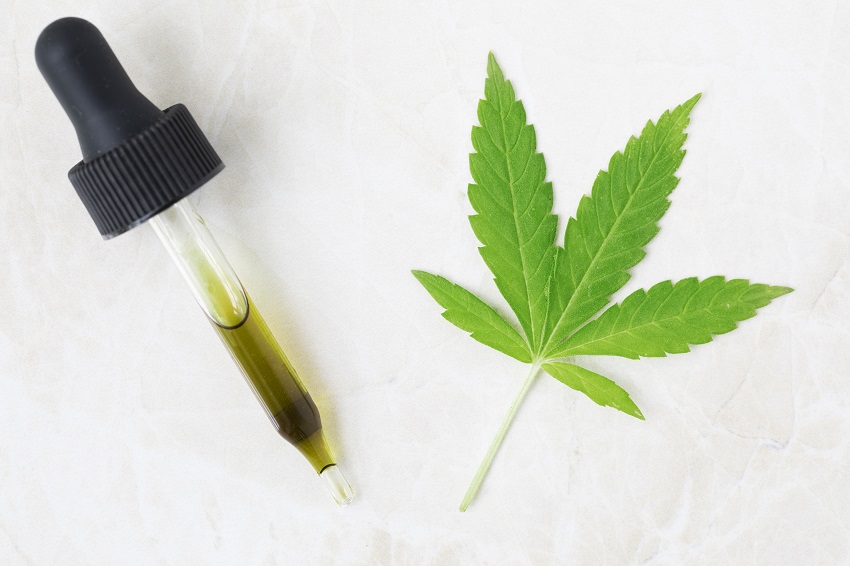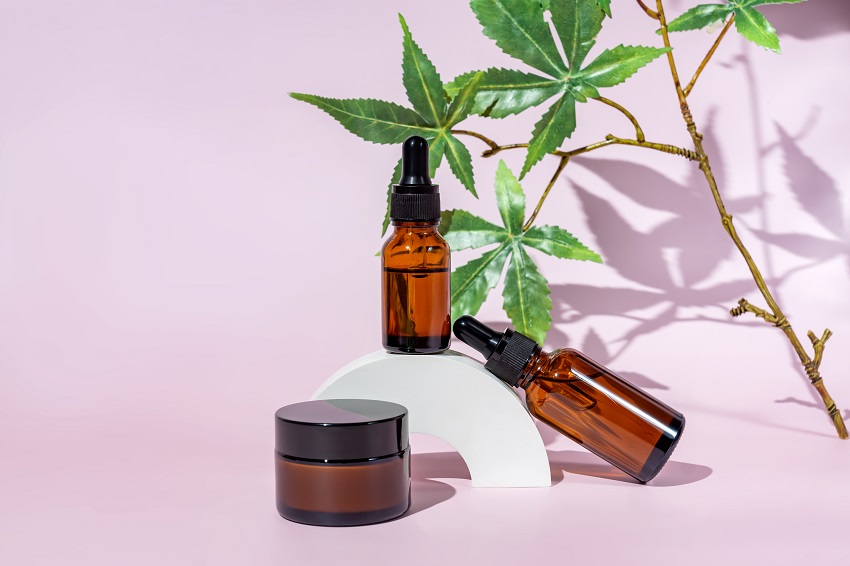
A product is not a CBD product simply because it has a hemp leaf on it or is marketed as hemp oil. There are products on the market that are “infused with hemp oil,” but how much CBD is in them?
There is still a lot of misunderstanding about the differences between hemp oil and CBD oil. First and foremost, they are not the same thing. Hemp oil is primarily used in cooking and the production of cosmetics, whereas CBD oil is an oral tincture that is said to have its own set of benefits. Both are made of hemp, but the similarities stop there.
Chemical composition
Looking at the labels and ingredients is the quickest way to tell the difference between CBD oil and hemp oil. They are both derived from hemp, a type of cannabis plant that is high in cannabidiol but low in THC. (Typically, 0.3 percent)
The term “hemp oil” refers to hemp seed oil. It is derived from the seeds of the hemp plant, as the name implies. For many years, hemp seed oil has been widely used in cooking and as an ingredient in a variety of beauty products. Some well-known brands, such as Nutiva, market their product as “hemp oil.” However, the ingredients list “raw, organic unrefined hemp seed oil.”
CBD oil, on the other hand, is derived from hemp or any cannabis strain high in cannabidiol. It is made from the entire hemp plant, not just the seeds. The active ingredient will almost certainly be described as a “whole-plant extract,” most likely CBD isolate or distillate. CBD oil tinctures typically contain a carrier oil, such as MCT oil or olive oil. Other terms for CBD oil include full spectrum, broad spectrum, PCR, and phytocannabinoid-rich.
CBD oil is a term that is frequently confused with CBD vapes. These products, like CBD oil tinctures, contain hemp-based extracts, but they are specifically designed for vaping. CBD vapes are typically made up of the same ingredients as e-liquid, such as vegetable glycerine, propylene glycol, and flavourings. Instead of nicotine, they typically contain either CBD isolate, a water-soluble form of CBD, or distillate—a highly refined cannabis extract infused with a broader range of naturally occurring phytocannabinoids and terpenes.
Methods of production
Another significant distinction between hemp seed oil and CBD oil is the method of production. Hemp seed oil is typically extracted through cold-pressing hemp seeds. CBD oil is created by utilising the entire hemp plant as well as more advanced extraction techniques. The two most common methods for extracting CBD oil are supercritical fluid extraction (also known as CO2 extraction) and solvent-based extraction. Hemp oil is typically green and dark, whereas CBD oil is typically light golden to dark brown in colour.
Hemp seed oil: Hemp seed oil is produced through cold press extraction of hemp seeds. It has a nutty flavour and a dark to clear light green colour.
CBD oil: CBD oil is extracted from whole hemp plants using CO2 or solvents. It is usually clear to dark gold in colour and has a neutral or earthy plant flavour.
CBD content
This is a critical factor. CBD-containing products typically include a label indicating the milligrammes of CBD per unit or serving. Because hemp is naturally high in CBD, CBD oil produced from the whole plant naturally contains very high levels of CBD. It may also contain phytocannabinoids and terpenes, which are naturally occuring organic compounds. The more expensive CBD oil brands also publish third-party test results with a detailed breakdown of their cannabinoid and terpene profile, as well as various other quality metrics.
The bad news is that hemp seed oil contains very little CBD! If a product does not have a label indicating the amount of CBD in milligrammes, it is unlikely to be a legitimate CBD product. Interestingly, hemp seed oil can still contain trace amounts of THC, but nowhere near the amount required to get high or fail a drug test.
Monetary Worth
CBD oil is far more expensive to manufacture than hemp seed oil. It will cost you more just for that reason. If a product claims to be made with premium CBD oil, it is unlikely to be inexpensive. And if it is, you should double-check its authenticity.
Unfortunately, some hemp-based products may be made with hemp seed oil and marketed as such. Even if they don’t contain CBD, they are still technically cannabis. The presence of a hemp leaf on a product’s packaging or logo does not necessarily imply that it is a CBD product. Although price can be a good indicator, never judge a book by its cover.
Where it can be purchased
CBD oil and hemp seed oil are both available at your local pharmacy, grocery store, and health food store. However, most of the time, you will find that they are sold in various locations. The more reputable CBD oil brands are available for purchase directly from their website. These days, many pharmacies and even corner stores carry some of the more legitimate CBD oil brands. This was not the case a few years ago.
Hemp seed oil is always available at your local grocery store, beauty store, and online retailers such as Amazon. They may be marketed as hemp oil, but the ingredients must state “hemp seed oil.” If you want to take CBD oil for medicinal purposes, hemp seed oil will not provide the same benefits—though it is a good source of protein and essential fatty acids (omega-3, omega-6 and omega-9).
Uses and Objectives
Because hemp oil and CBD oil are not the same thing, their applications are vastly different. Hemp seed oil is commonly found in hair and skincare products, as well as in cooking and salad dressings. CBD oil, on the other hand, is a CBD-containing oral tincture that is taken sublingually by placing drops under the tongue. CBD oil is also a key component in many CBD-rich products such as edibles, topicals, and other cannabidiol-infused items.
For the record, when people say they’re “vaping CBD oil,” they’re actually (or should be) vaping e-juice with some kind of CBD concentrate or extract. Most of the time, it will be made from CBD isolate, which is a highly concentrated crystalized form of CBD that is also water soluble. Other vapes may contain CBD distillate, shatter, or concentrate in some form. CBD oil tinctures, on the other hand, are made with an oil-based carrier, rendering them unsuitable for vaping.
Labeling variations
To fully comprehend the distinction between hemp seed oil and CBD oil, we must first comprehend what they share. Hemp seed oil and CBD oil are both hemp-derived products. Both may even have a hemp leaf on the packaging. They can be organic, kosher, non-GMO, vegan, and so on. They can even be found in the same place at times. But be cautious, do your homework, and always read labels. It’s all too easy to mix the two, and it’s unfortunate that some companies have resorted to misrepresenting their products in order to increase profits.
To summarise, hemp oil, also known as hemp seed oil, is not the same as CBD oil. It is derived from hemp plant seeds and does not contain significant amounts of CBD!









